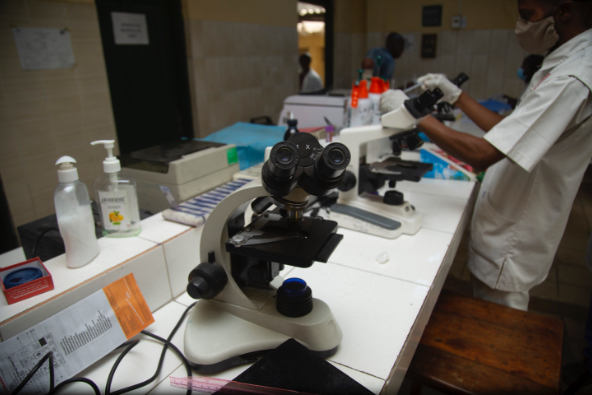
The ANTICOV clinical trial aimed to respond to the need to identify treatments that could be used to treat mild and moderate cases of COVID-19 early and prevent spikes in hospitalizations that could overwhelm fragile and already overburdened health systems in low-resource settings.
The trial was launched in September 2020 in 13 countries by the ANTICOV consortium. The consortium included 27 prominent global research and development (R&D) organizations, coordinated by DNDi.
One of the largest multi-country trials focusing exclusively on mild and moderate cases of COVID-19, ANTICOV helped address the relative neglect of clinical research for treatment in an outpatient setting during the COVID-19 pandemic in Africa, Asia, and Latin America.




